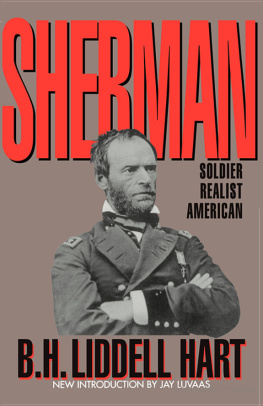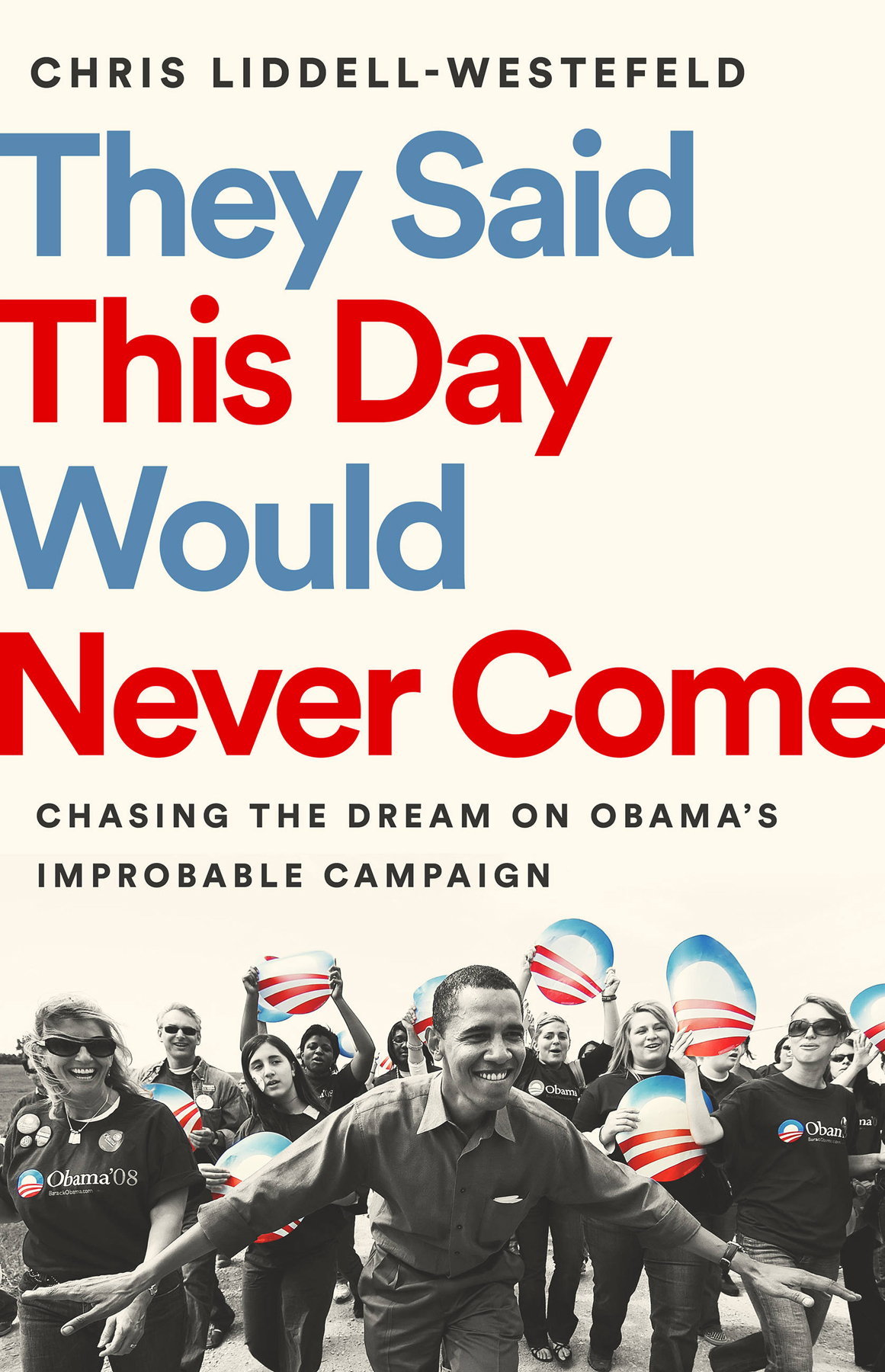Cover copyright 2020 Hachette Book Group, Inc.
Hachette Book Group supports the right to free expression and the value of copyright. The purpose of copyright is to encourage writers and artists to produce the creative works that enrich our culture.
The scanning, uploading, and distribution of this book without permission is a theft of the authors intellectual property. If you would like permission to use material from the book (other than for review purposes), please contact permissions@hbgusa.com. Thank you for your support of the authors rights.
Published by PublicAffairs, an imprint of Perseus Books, LLC, a subsidiary of Hachette Book Group, Inc. The PublicAffairs name and logo is a trademark of the Hachette Book Group.
The publisher is not responsible for websites (or their content) that are not owned by the publisher.
In the years since Barack Obama was first elected president, dozens of books have looked back on his time in officesome that go behind the scenes of Obamas White House, some that dissect the inner workings of his administration, some that analyze the broader Obama era. There is even a best-selling Obama-Biden detective novel series.
This is something different. In this oral history, youll find well-known names from the Obama for America leadership. But youll also hear from former field organizers and volunteers as they share what it was like to work deep inside the organizationthe moments of joy and terror, inspiration and anxiety, loneliness and fellowship that remain seared into memory more than a decade later. Their voices are only a narrow slice of the six thousand staff, tens of thousands of neighborhood leaders, and millions of volunteers who, not so long ago, in the shadow of an unpopular president, banded together to move the country in a new direction. It would be impossible to include them all, but my hope is that this book offers a portrait of this grassroots movement, one forged when few expected Obama to prevail.
A few standard disclaimers: Because roles evolved as the campaign progressed, the title listed next to each speaker corresponds to the months covered in that chapter. The quotes here are drawn from more than two hundred interviews recorded between September 2013 and June 2015 as well as follow-up sessions in 2019. Ive removed verbal placeholders (you know, like, just, etc.), condensed quotes, and arranged stories chronologically so the narrative is as clear as possible.
My own voice appears in italics, a reflection of the fact that on this subject, I cannot be neutral. Many of the people included here were strangers when I began this project. Some were former coworkers, roommates, and close friends. One even officiated my wedding. The common thread was having devoted themselves to the election of Americas most unlikely president when the outcome was far from certain.
I chose to present their stories this way in the hope that a constellation of voices might best reflect what so many stressed to me about Obama for America: on every level, the whole was greater than the sum of the parts.
So, Chris, I want to hear more about this project, Barack Obama said as Marine One lifted off the runway.
Staring back at the forty-fourth president of the United States, seated in his helicopter, I felt a familiar anxiety set in. When I first started organizing for Obama in 2007, the campaign leadership drilled into everyone that our most precious resource was the candidates timeevery minute he attended to staff could mean one less minute persuading an undecided voter or inspiring a potential volunteer. If you wanted to contribute to the organizations success, you should never divert focus from those two goals. This lesson had been so deeply ingrained in me that even after nearly seven years of working for Barack Obama, I never felt at ease interacting with him.
So I always tried to keep my interactions as brief as possible. My job at the White House was to handle the Booka black leather binder embossed with a gold presidential seal that functioned as the presidents nightly homework assignment. The Book contained all the memos, national security directives, draft remarks, schedules, constituent letters, and other documents deemed worthy of the presidents attention. Upon delivery, President Obama would confirm receipt with a nod, thanks, or sometimesreferencing the intense expression I wore nearly every time I entered his personal space, my attempt at professionalismyoure still looking really serious, man.
I had never expected to have a front row seat to the Obama presidency. When I signed up to volunteer for him in my hometown, Iowa City, on the day then-Senator Obama announced his campaign, I assumed he would lose. Nearly two years later, I joined hundreds of other former organizers in following the new president to Washington, looking to be a part of the administration we had played a small, collective role in bringing about.
Through a mix of timing, luck, and privilege, I had landed this West Wing position, where I saw up close how the government documents a presidents time in office. Every staffers email is public record, every photo is archived, and every piece of paper is preserved under the Presidential Records Act. These materials are eventually administered by the National Archives and Records Administration and become primary sources for future generations. Sometimes I would imagine historians reading the Book decades later, trying to reconstruct Obamas eight years.
But as he entered his second term, it occurred to me that comparatively little had been done to document the campaign that put Obama in the White House. Aside from memoirs by the campaign leadership, few had recorded what it felt like to live through the experience in their own words. The reflections of organizers and volunteersthe majority of the people who made up the effort to elect Americas first Black presidentwould likely be lost to history.
Only five years after his inauguration, the victory that had seemed so improbable at the outset was becoming more inevitable in the retelling. The outcome of the 2012 campaign had already reshaped the meaning of 2008, a trend likely to accelerate with each passing election cycle. Friends oft-told campaign stories began to strain credulity, omitting moments of hardship or doubt. It was easy to see how decades of nostalgia might erode the details and reduce their recollection of the experience to 2008? It was great we changed the world.
Thats why this was my final trip as a White House staffer. With no other appointments demanding the presidents attention, Id been given a chance to tell him about the project that compelled me to leave three years before the end of his term.
Well, sir, its an oral history project to document your 2008 campaign, I said. Im leaving to collect interviews with alumni, starting in Iowa.
In the early days, presidential campaigns attract dreamers.











